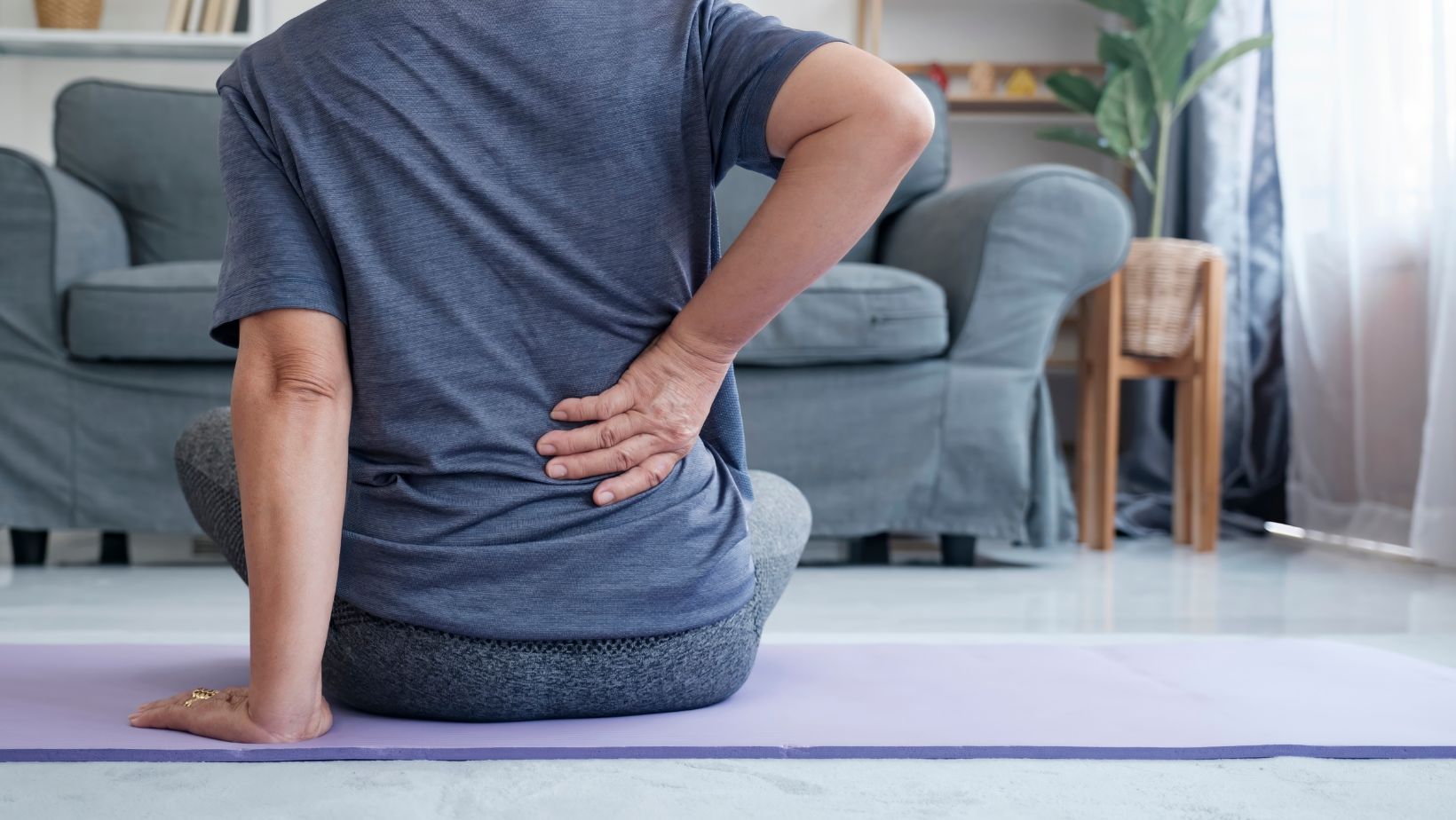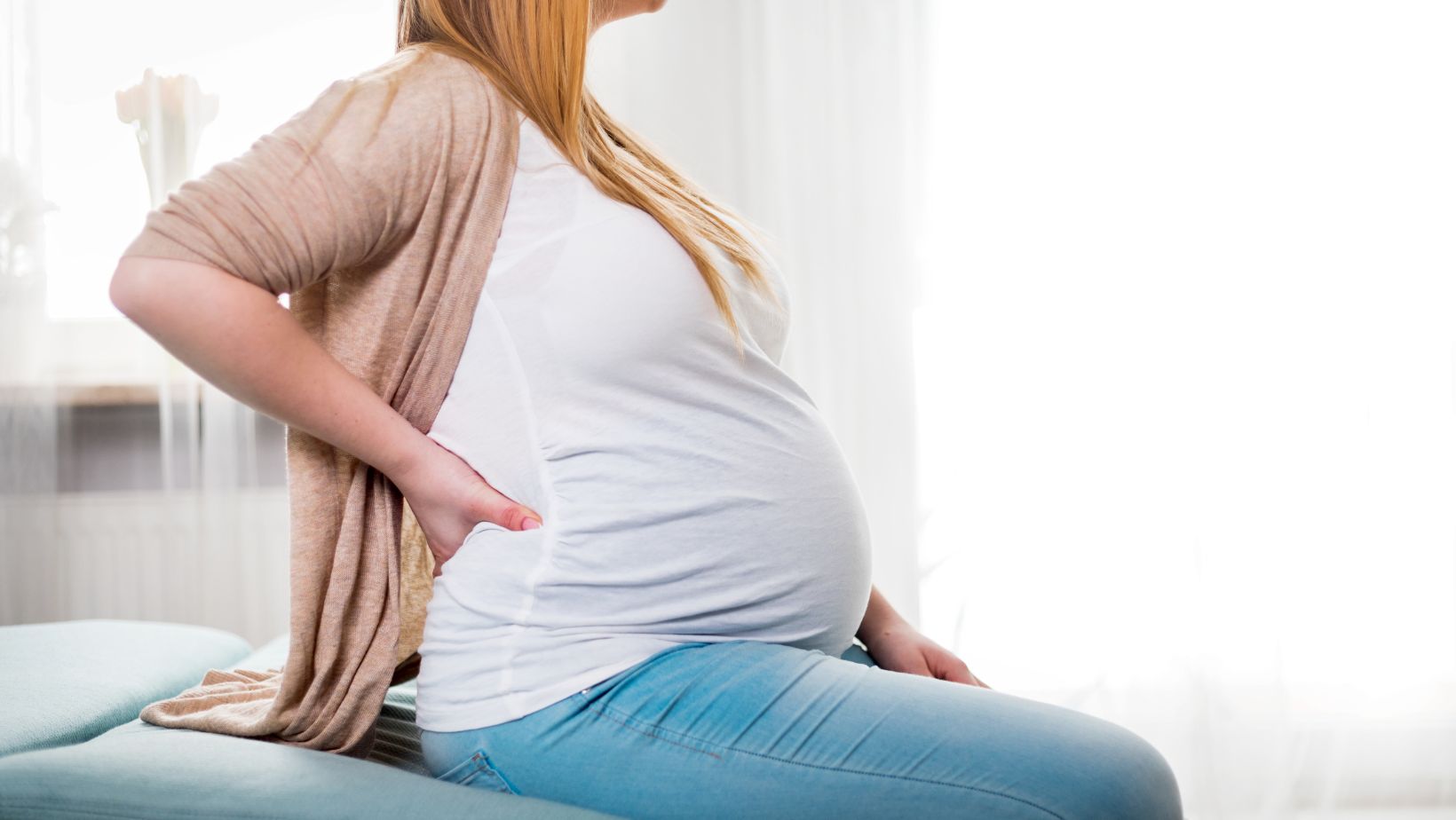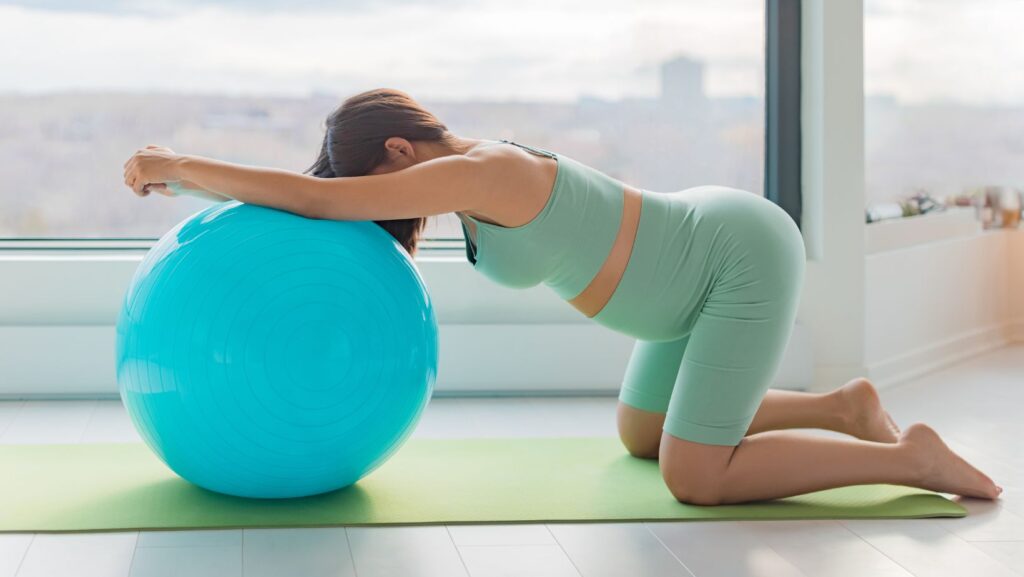Pregnancy is a beautiful journey, but it can also bring about various discomforts, with lower back pain being a common complaint among expectant mothers. Finding relief through safe and effective methods is crucial for the well-being of both the mother and the baby. Incorporating gentle stretches specifically designed to alleviate lower back pain during pregnancy can be a game-changer for many women.
In this article, we will explore a series of targeted stretches that can help pregnant individuals find relief from lower back pain. These stretches are not only beneficial for easing discomfort but can also improve flexibility and promote better posture, which are essential during pregnancy. By incorporating these stretches into a daily routine, expectant mothers can take proactive steps towards managing and reducing lower back pain, ultimately enhancing their overall pregnancy experience.
Stretches For Lower Back Pain Pregnancy
Why It Occurs
Lower back pain during pregnancy is a common issue due to the changes a woman’s body undergoes to accommodate the growing baby. As the baby develops, the expanding uterus shifts the center of gravity forward, putting strain on the lower back muscles. Hormonal changes during pregnancy can also loosen ligaments and joints, contributing to discomfort in the lower back region.
The Impact on Daily Life

Experiencing lower back pain during pregnancy can significantly impact an expectant mother’s daily life. Simple tasks like sitting, standing, walking, or even sleeping can become challenging and uncomfortable. Lower back pain may limit mobility, disrupt sleep patterns, and affect overall quality of life during pregnancy. It can also lead to fatigue and emotional stress, making it essential to address and manage the discomfort effectively. Incorporating stretches targeted at alleviating lower back pain can help improve flexibility, reduce muscle tension, and enhance comfort, enabling pregnant individuals to navigate their daily activities with greater ease and comfort.
The Role of Stretching in Pain Management
Benefits of Stretching for Pregnant Women
Stretching is essential for pregnant women experiencing lower back pain as it can help alleviate discomfort, improve flexibility, and promote better posture. By incorporating specific stretches into their daily routine, expectant mothers can target areas that are prone to tension and strain due to the physical changes in their bodies during pregnancy. These stretches aim to relieve muscle tightness, reduce stress on the spine, and enhance overall well-being.
Safety Tips Before Starting
Before starting any stretching routine during pregnancy, it’s crucial for women to consult their healthcare provider or a qualified professional. Safety should always be a top priority to ensure that the stretches chosen are suitable for their individual condition and stage of pregnancy. Pregnant women should listen to their bodies, avoid overstretching, and prioritize gentle movements to prevent injury. It’s recommended to perform stretches in a comfortable and supportive environment, staying hydrated, and focusing on breathing to enhance relaxation and optimize the benefits of stretching for lower back pain relief.
Top Stretches for Lower Back Pain Relief
Pelvic Tilts and Its Variations

Pelvic tilts are gentle movements that help strengthen the abdominal muscles and support the lower back. In a neutral position, one can perform pelvic tilts by tilting the pelvis forward and backward while on hands and knees. Another variation involves standing against a wall with knees slightly bent and tilting the pelvis up and down, maintaining a controlled motion.
Prenatal Yoga Poses
Prenatal yoga offers various poses tailored to the needs of pregnant individuals to alleviate lower back pain and improve flexibility. Poses like Cat-Cow stretch, Child’s pose, and Modified pigeon pose can help stretch and strengthen the back muscles, enhance posture, and provide relaxation benefits.
Hip Flexor and Glute Stretch
Stretching the hip flexors and glutes can alleviate lower back pain by releasing tightness in these areas. A simple hip flexor stretch involves lunging forward with one knee bent at a 90-degree angle while keeping the back leg straight. Similarly, a glute stretch can be performed by lying on the back, crossing one ankle over the opposite knee, and gently pulling the legs towards the chest to feel the stretch in the glute muscles.
